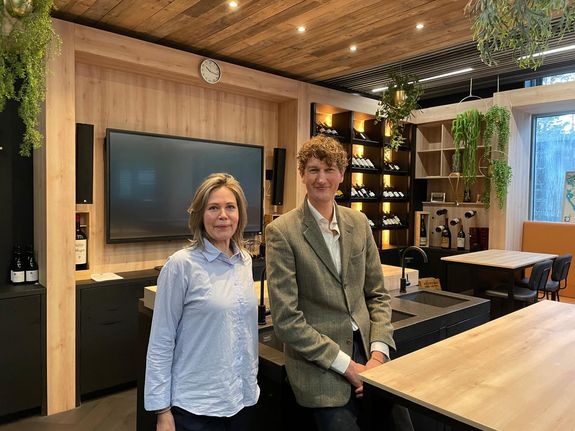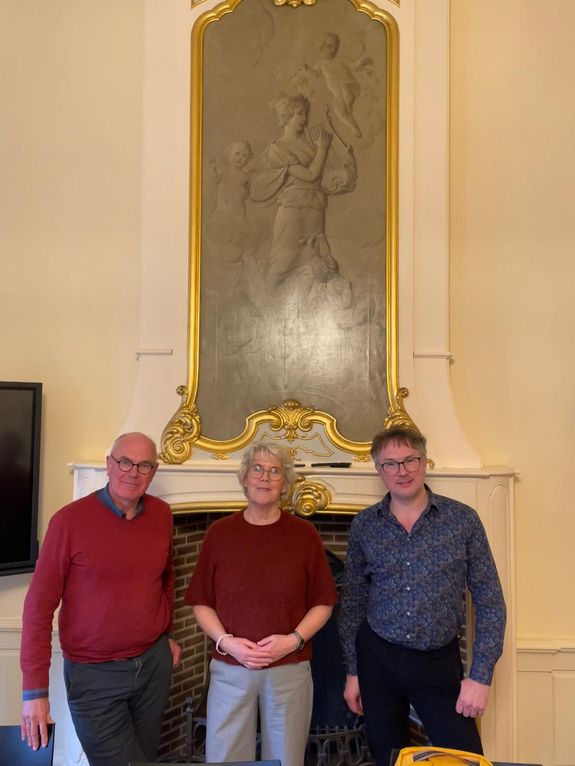Newsletter #6
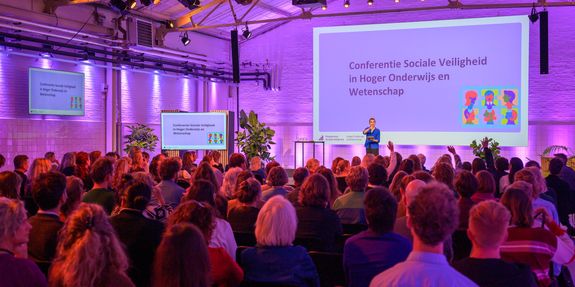
Conference recap
On Monday, October 27, the first conference of this programme took place. We greatly enjoyed the enthusiasm with which participants engaged in conversation and exchanged knowledge and experiences. On our website, we’re happy to share the report, slides, photos, and aftermovie of this inspiring day(in Dutch)!
Steering group projects: research, monitoring, and exploration
Good news: the steering group has received the green light to start three new projects!
First, under the leadership of Professor Leonie Heres (VU Amsterdam) and Professor of Practice Quirine Eijckman (HU University of Applied Sciences Utrecht), a research project (2026–2027) will be launched to study effective interventions in the field of social safety. Initiatives starting in the coming calendar year with funding from the steering group will be included in this research. The outcomes of this project will hopefully lead to more evidence-based interventions to promote social safety.
Second, this autumn a template will be developed to monitor the progress of the steering group. This monitoring template is based on the goals outlined in the programme plan and will be completed twice a year. The steering group can then make adjustments as needed based on the monitoring results.
Finally, Michelle Leclercq (UNL) is conducting an exploration to ensure that the steering group’s accumulated knowledge and expertise on social safety are safeguarded beyond its current term (after 2027). Various scenarios will be examined to determine how to best embed this knowledge after 2027. We also encourage you to keep sharing your insights with us—please continue to send in your good practices!
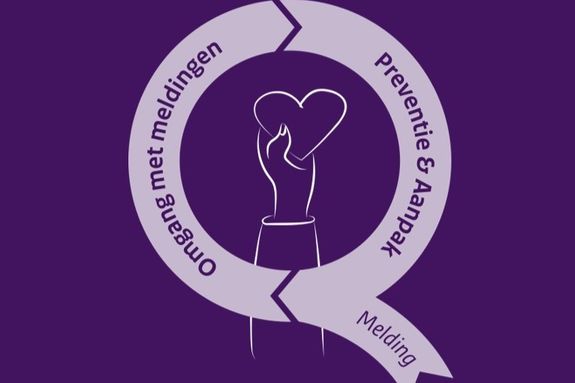
Guideline for workplace culture change
In March 2024, Government Commissioner for Sexual Harassment and Sexual Violence (RCGOG) Mariëtte Hamer issued a guideline for promoting social safety. Based on this guideline, the Workplace Culture Change Tool was developed.
This tool helps organisations to create, assess, and improve their policies. It also provides guidance for prevention and practical support for following up on reports of sexual misconduct. While the tool focuses on preventing and addressing sexual harassment and sexual violence, it can also be effectively used to tackle all forms of inappropriate behaviour.
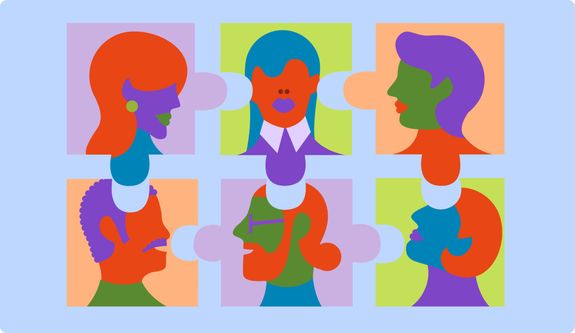
Restorative mediation after sexual misconduct
Perspectief Herstelbemiddeling facilitates contact between people who have been involved in a deeply impactful event — for example, after a traffic accident, a criminal offence, or an instance of sexual misconduct. This can include sexually suggestive remarks, sexual harassment, or behaviour that someone later experienced as unsafe.
Such experiences can have a profound impact on everyone involved. Perspectief Herstelbemiddeling offers support both to the person who was affected and to the person who caused harm. Other directly involved parties — such as relatives, colleagues, employers, or board members — can also take part in the process.
Site visits: PThU and Hotelschool The Hague
The programme team has been on the move again this week! On Monday, we visited the Protestant Theological University (PThU) in the centre of Utrecht. In this beautiful historic building, nestled between the Dom Tower and the Janskerk, we spoke with Heleen Zorgdrager, Erik Olsman, and Hans Spong about social safety at PThU.
Specific themes related to social safety at PThU include the large age differences among master’s students, the diversity of religious backgrounds, and the perceived “anti-woke culture.” To address these issues, PThU has established a project group on social safety, diversity, inclusion, and equality to develop policies around these topics. Moreover, the university actively collaborates with other faith-based institutions on this theme. It was insightful to have an open conversation about the specific challenges PThU faces in this area.
On Wednesday, we were warmly welcomed at The Hotelschool The Hague in Scheveningen by Indra Kamphof and Saskia van de Kolk, who gave us an extensive tour of the school’s hospitality facilities — including the inviting wine bar (see photo). The Hotelschool The Hague offers a unique environment where students live on campus and often work late or night shifts during their internships. This brings specific challenges regarding social safety. For example, the school always assigns buddies to students working at events and enforces strict policies on drugs and alcohol. In this way, the social safety of students is safeguarded without compromising the hospitality that defines the field.
At both institutions, great effort is being made to create a socially safe environment for staff and students alike. Keep up the good work!
If you would like to get in touch with these institutions about their policies and vision, please contact the programme team.
